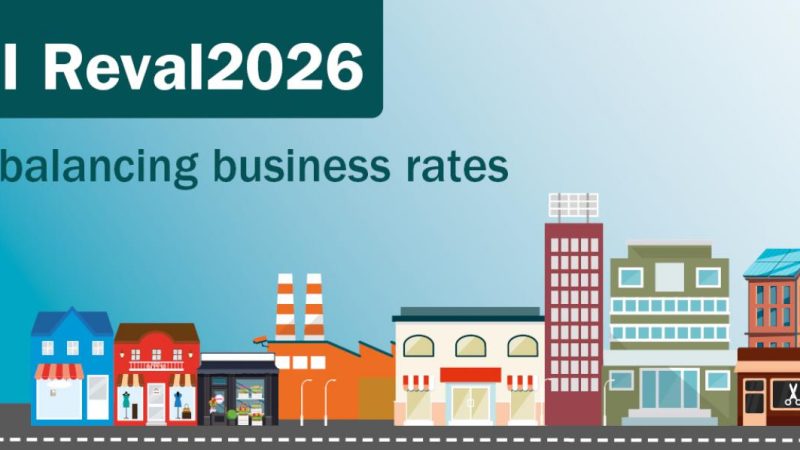Business Rates devolution will not ease retail burden

Allowing local authorities to make business rates decisions will not ease the burden on retailers, a leading accountancy firm has said.
During his Autumn Statement on Wednesday, Chancellor George Osborne announced “revolutionary” plans that would see business rates powers devolved to councils and local authorities.
However, Wilkins Kennedy LLP said the new regime will not create a fairer system as shop-owners faced a £14bn burden over red tape and higher wage bills under the ‘living wage’ proposals.
Phil Mullis, head of retail and wholesale and partner at Wilkins Kennedy LLP said: “Business rates are one of the most significant costs that businesses have to face, and, for the Treasury, it generates valuable income.
“Retail is one of the biggest employers in the UK, with a three million-strong workforce making it a significant contributor to the UK economy.”
Mr Mullis added that business rates were pushing more retailers online, leading to fewer retail jobs and threatening to kill off the high street.
The retail industry pays more business rates than any other UK business sector, forking out £7.8bn last year. Currently, Northern Ireland and Scotland have full control over their business rates, but those powers do not reach as far as local authorities.
The Northern Ireland Independent Retail Traders Association (NIIRTA) has been campaigning for a review of the rates for sometime, and a consultation on their future is currently in progress. Details can be found on the Department of Finance and Personnel website.
NIIRTA’s chief executive Glyn Roberts also bemoaned the lack of support for local retail in the Chancellor’s Statement, describing it as a “missed opportunity” to help traders afford the proposed ‘living wage’ increase, which he said will result in a 40 per cent rise in wage bills for his members.
However, Mr Roberts did welcome the Chancellors scrapping of plans to cut tax credits.
“It is welcome that the Chancellor has done a u-turn on cuts on tax credits, which would have had a serious impact on the spending power of working families in Northern Ireland,” he said, adding that plans for new air-routes for Northern Ireland – also contained in Wednesday’s statement – were also positive.







